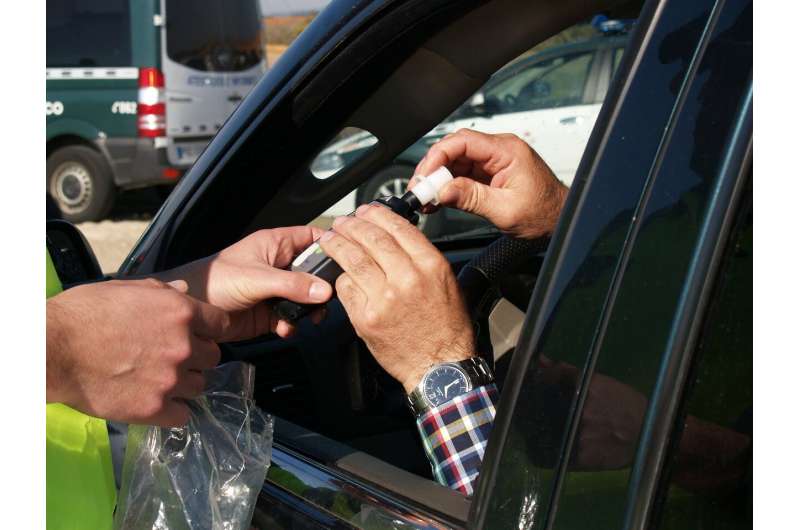
Adults infected with SARS-CoV-2 exhale different metabolites in their breath than uninfected people, and dogs and diagnostic devices can detect these changes. Now, researchers reporting in ACS Infectious Diseases have shown that children infected with SARS-CoV-2 also show breath metabolite changes, but they’re largely different from the ones in adults. Someday, this information could be used to quickly and easily screen children for infection, the researchers say.
Currently, COVID-19 is diagnosed through the detection of specific viral nucleic acids or antigens, but these techniques are slow, relatively expensive, sometimes uncomfortable and prone to false-negative results. Scientists have observed that dogs can detect volatile organic compounds (VOCs) in human biological samples and distinguish certain diseases, including COVID-19. Researchers have also developed a sensor array to detect COVID-19-related VOCs in the exhaled breath of adults. Audrey Odom John and colleagues wondered if children infected with SARS-CoV-2 would also show changes in breath metabolites. If so, a breathalyzer-type device might someday quickly and comfortably screen large numbers of children in settings such as schools.
Source: Read Full Article
